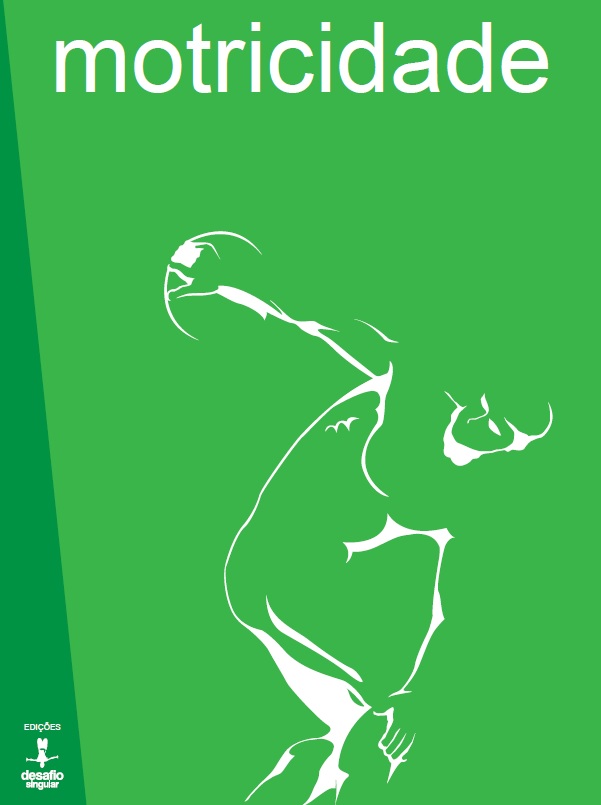Clarifying the influence of sport education on basic psychological need satisfaction in high school students
DOI:
https://doi.org/10.6063/motricidade.13318Abstract
Based on Self-Determination Theory, this research aimed to examine la influence of Sport Education on basic psychological need satisfaction in the sport teaching-learning process that takes place in Physical Education. The participants were 44 high school students (22 men and 22 women; Mage = 16.32, SDage = 0.57) and 2 Physical Education pre-service teachers. The design was a quasi-experimental study with, a priori, non-equivalent control group using pre- and post- intervention measures and intra- and inter- analyses. The intervention consisted of 12 basketball sessions both for the experimental group (n = 22), which developed Sport Education, and for the control group (n = 22), which developed the traditional teaching. The results showed that Sport Education significantly improved the levels of autonomy, competence and relatedness need satisfaction in the inter-group analysis and in the intra-group analysis. In its conclusion, the suitability of Sport Education to contribute developing students’ basic psychological need satisfaction in the sport teaching-learning process in Physical Education was indicated.
Downloads
Published
Issue
Section
License
The authors of submitted manuscripts must transfer the full copyright to Journal Motricidade / Sílabas Didáticas Editions. Granting copyright permission allows the publication and dissemination of the article in printed or electronic formats, and copyrights start at the moment the manuscript is accepted for publication. It also allows Journal Motricidade to use and commercialise the article in terms of licensing, lending or selling its content to indexation/abstracts databases and other entities.
According to the terms of the Creative Commons licence, authors may reproduce a reasonable number of copies for personal or professional purposes, but without any economic gain. SHERPA/RoMEO allows authors to post a final digital copy (post-printing version) of the article on their websites or on their institutions' scientific repository.


